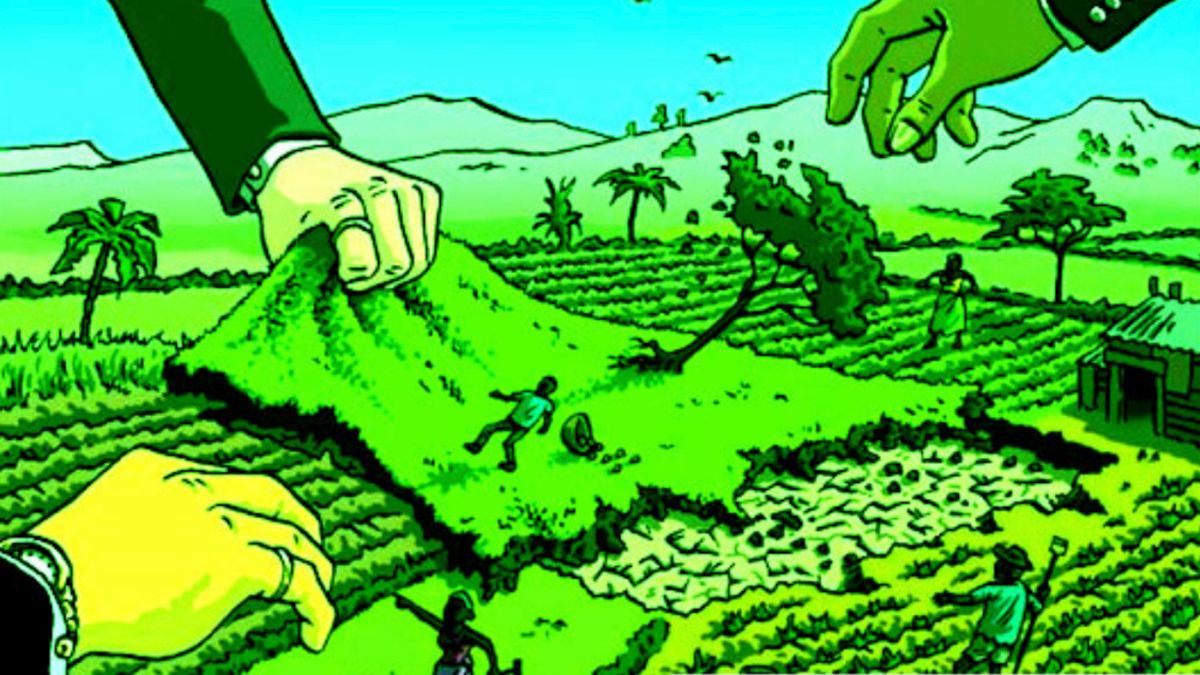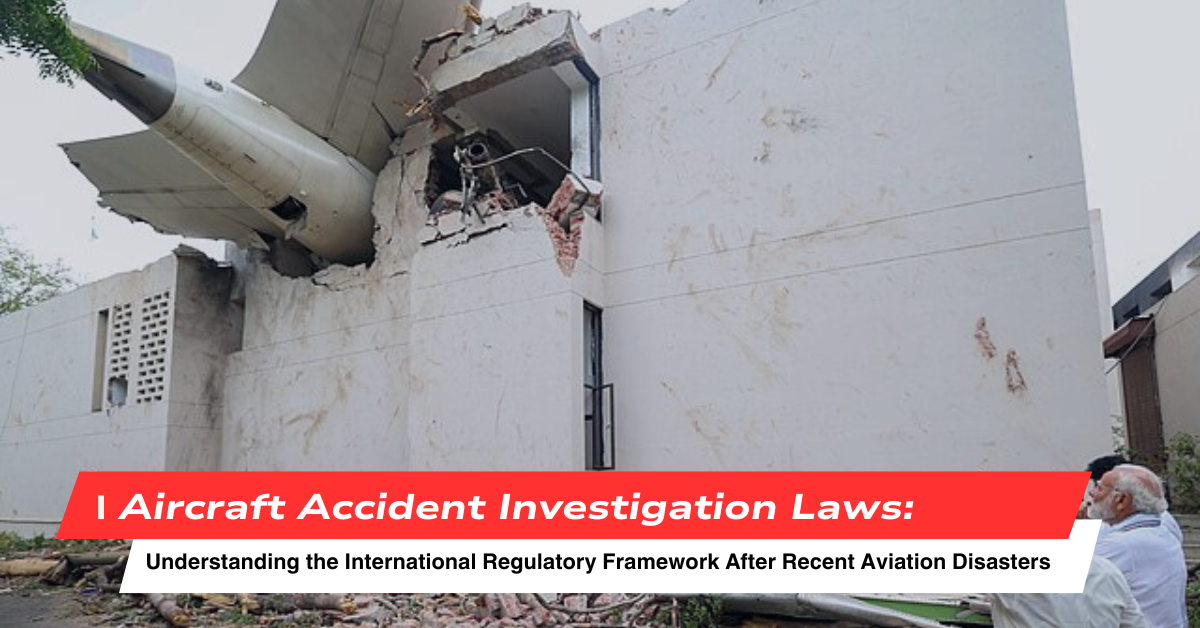Introduction
Land disputes are an inevitable part of land revenue administration. Dispute Resolution is a complex process that involves multiple stakeholders and various legal frameworks. This chapter aims to provide a comprehensive overview of the mechanisms and procedures for resolving land disputes in Gujarat, under the purview of the Gujarat Land Revenue Code, 1879, and subsequent amendments.

Types of Land Disputes
- Ownership Disputes: Conflicts regarding the rightful owner of a piece of land.
- Boundary Disputes: Conflicts regarding the demarcation of land boundaries.
- Tenancy Disputes: Conflicts between landlords and tenants over land usage rights.
Legal Framework
The primary legal framework governing land disputes in Gujarat is the Gujarat Land Revenue Code, 1879, specifically under Sections 79 to 82A. These sections lay out the procedures for filing disputes, the role of the revenue officers, and the appellate mechanisms.
Mechanisms for Dispute Resolution
- Revenue Courts: The first point of contact for most land disputes. They operate under the jurisdiction of the Collector.
- Civil Courts: In some cases, especially those involving complex legal issues, the dispute may be escalated to a civil court.
- Tribunals: Specialized bodies for handling specific types of land disputes, such as tenancy issues.
Procedures for Filing a Dispute
- Initial Complaint: The aggrieved party files an initial complaint with the local Talati.
- Preliminary Investigation: The Talati conducts a preliminary investigation and forwards the case to the Mamlatdar.
- Hearing: The Mamlatdar holds a hearing where both parties present their case.
- Judgment: A decision is made, which can be appealed to higher revenue officers or civil courts.
Role of the Collector
The Collector plays a pivotal role in the dispute resolution process. They have the authority to hear appeals against the decisions of lower revenue officers and have the power to issue directives for the resolution of disputes.
Conclusion
Dispute resolution in the context of land revenue is a multi-layered process that involves various mechanisms and legal frameworks. Understanding this labyrinthine system is crucial for effective governance and the upholding of land rights.













